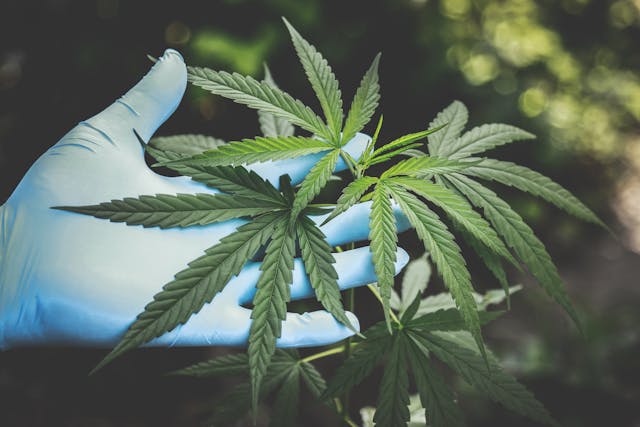With the 2023 Farm Bill delayed yet again—this time extended through Sept. 30, 2025—the most urgent regulatory crisis in the U.S. hemp sector remains unresolved. How much longer will intoxicating hemp-derived products like delta-8 THC continue to define the public perception of hemp, roil legitimate markets, and leave state lawmakers scrambling? And how much longer will those products dominate the headlines while fiber, food, and regenerative innovations fight for attention?
The Farm Bill, formally the Fiscal Year 2025 Agriculture, Rural Development, Food and Drug Administration, and Related Agencies Appropriations Act, could bring a moment of reckoning—a chance to bring order to a deeply fractured policy landscape. But with political gridlock in Congress and no guarantee that the bill will pass before the new September deadline, the uncertainty facing hemp stakeholders may stretch well into 2026.
No clear map
In the absence of federal clarity, states are moving fast—and in wildly different directions. California implemented emergency rules this spring banning hemp products with any detectable THC, even if non-intoxicating. Texas has advanced legislation that would prohibit the sale of any consumable hemp product containing delta-8 or delta-9 THC outside the state’s regulated marijuana market. Mississippi, Wisconsin, South Carolina and others are also tightening controls.
Download: Legal and regulatory status of intoxicating hemp, state-by-state
The regulatory chaos has real consequences. Responsible hemp operators—those working in food, fiber, and construction—are watching in dismay as the hemp label becomes synonymous with synthetic psychoactives sold in gas stations, vape shops and online stores with no age checks, no quality controls, and no clear labeling.
The source of the confusion: the 2018 Farm Bill legalized hemp and its derivatives, provided they contain less than 0.3% delta-9 THC. But it failed to anticipate the conversion of CBD into intoxicating compounds like delta-8, THC-O, and HHC. Exploiting this loophole, a wave of companies has flooded the market with lab-altered substances that walk and talk like cannabis—without having to abide by state cannabis rules.
Adult use
There’s a growing consensus among public health officials, regulators and many in the hemp sector: these products do not belong in convenience stores, corner markets, or online shopping carts aimed at teenagers. If consumers want to use them, fine—let them be sold in licensed cannabis dispensaries, where labeling, age restrictions, and testing protocols already exist. Let them compete as recreational products under adult-use laws.
But the continued presence of intoxicating hemp products in unregulated retail channels not only puts consumers at risk—it threatens the viability of the entire hemp industry.
Read more at Hemp Today







